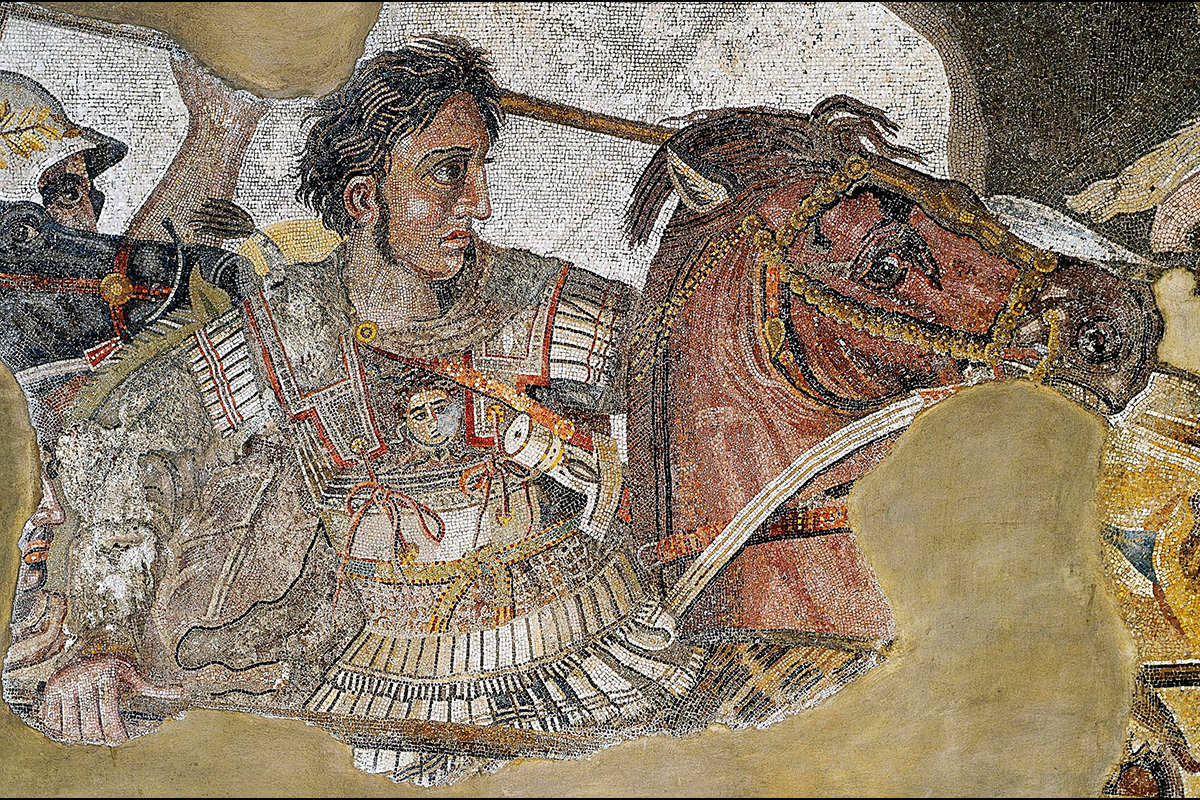It’s well-known that youth is blessed with time and energy; and if you’re ambitious, such traits will help you accomplish a lot. But if you’re not careful, they will have the opposite effect.
Such an effect played out with Alexander the Great. He was born to King Philip II and thus was heir to the throne of his country. But to him, that wasn’t enough. Alexander wanted the world.
After Philip’s murder, Alexander became king at 20. He gathered his forces and led them across continents to do exactly what he said he would and conquered all those who were deemed undefeatable
However, going this far, this quickly, had consequences. His mind and body deteriorated, and his army grew tired. Unfortunately, he caught a fever he couldn’t recover from and died at just 33.
In Arrian’s biography, Campaigns of Alexander, he summarized Alexander’s lasting achievement:
“It is my belief that there was in those days no nation, no city, no single individual beyond the reach of Alexander’s name; never in all the world was there another like him, and therefore I cannot but feel that some power more than human was concerned in his birth.”
Since Australia and the America’s hadn’t been discovered yet, this meant that almost everyone in the civilized world had heard his name, and either trembled at or were awe-struck by his extraordinary accomplishments, thinking him some sort of God.
Yet there’s an irony in that Alexander was so great that the only opponent he couldn’t defeat was himself. His godlike determination and perseverance were too much for his mortal body.
Nevertheless, Alexander went beyond what he could tolerate, hurrying too much in obtaining the world without preserving it, subsequently losing both his kingdom and his life in two weeks.
To avoid his mistake, you must use better judgement in deciding how to use your time and energy to achieve what you. If you fail to do this, and you are instead imbalanced and thoughtless, then any of the things you have attained, or the relationships you’ve built, can be lost.

